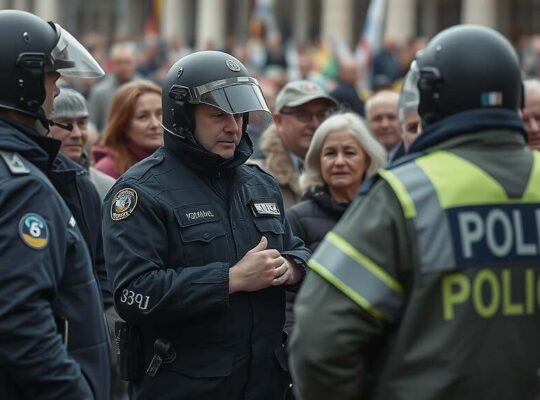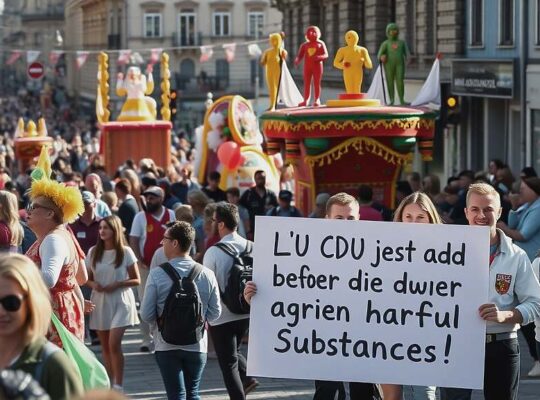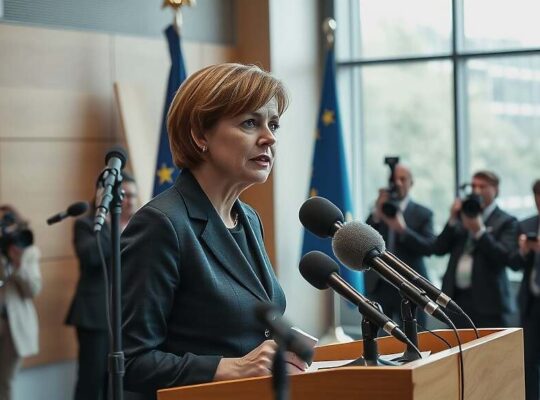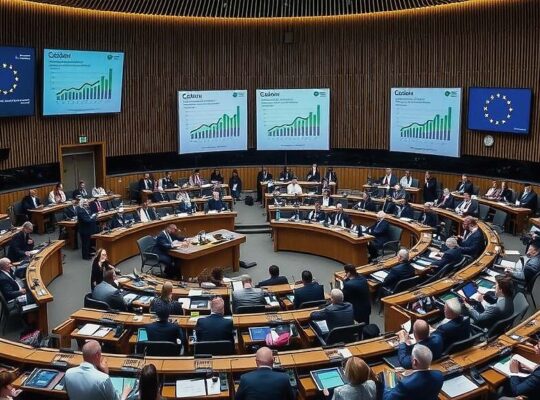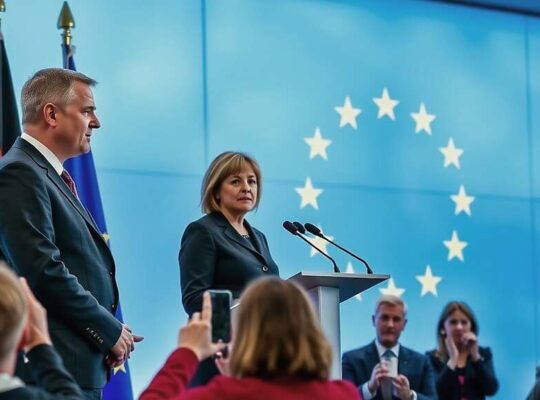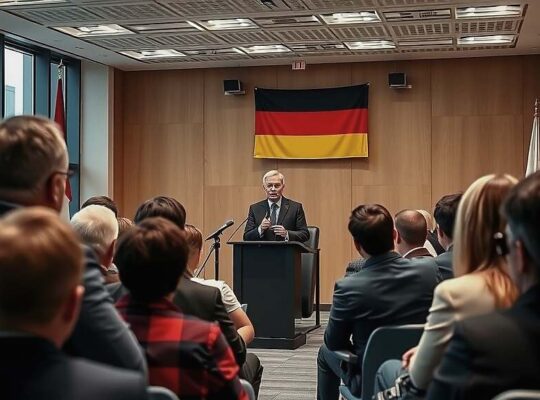The rhetoric employed by Chancellor Friedrich Merz regarding migration and urban landscapes is drawing fierce criticism, with accusations that it undermines social cohesion and democratic values. Philipp Türmer, chairman of the Jusos – the youth wing of the Social Democratic Party (SPD) – labelled Merz’s comments a “worst practice” in a scathing rebuke published in the Handelsblatt.
Merz, during a visit to Brandenburg earlier this week, stated that advancements had been made in migration policy, but that a “problem” persisted in the visual character of cities, prompting the interior minister, Alexander Dobrindt, to authorize and execute extensive deportations. This phrasing has been widely interpreted as equating the presence of migrants with a problem requiring forceful remediation.
Türmer sharply questioned the Chancellor’s understanding of his role, arguing that as leader of German society, Merz should prioritize unity and inclusivity. He expressed deep concern that after six months in office, the Chancellor has seemingly failed to grasp this fundamental responsibility, suggesting a serious miscalculation within the Chancellery itself.
The controversy highlights a growing tension within the government regarding migration policy. While acknowledging incremental progress, the Chancellor’s comments risk fueling anti-immigrant sentiment and reinforcing a divisive narrative. Critics argue that framing urban spaces as intrinsically problematic due to the presence of migrants is not only simplistic but also potentially corrosive to the nation’s commitment to diversity and integration. Türmer stressed the urgent need for Merz to publicly retract his remarks and clarify his stance to demonstrate a commitment to fostering a more welcoming and integrated society. The incident draws attention to the delicate balance between addressing legitimate concerns about migration and avoiding language that contributes to polarization and prejudice.



